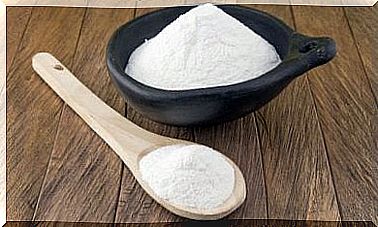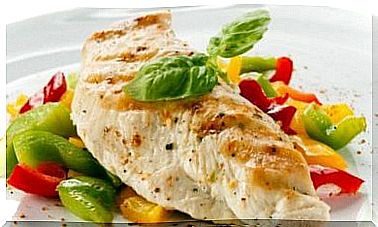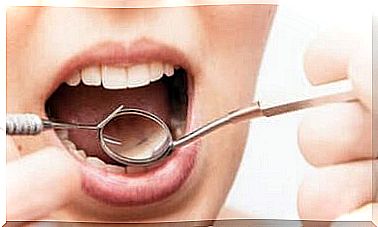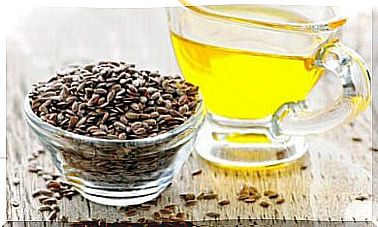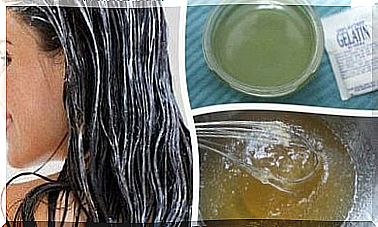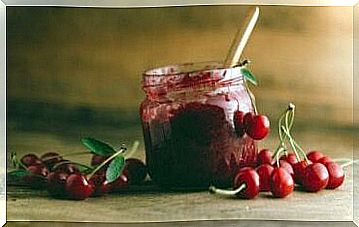Some Foods Recommended To Consume For Hypothyroidism
Diet plays a very important role in controlling hypothyroidism. Therefore, it is essential to know the nutrients that help to take care of the health of the thyroid.
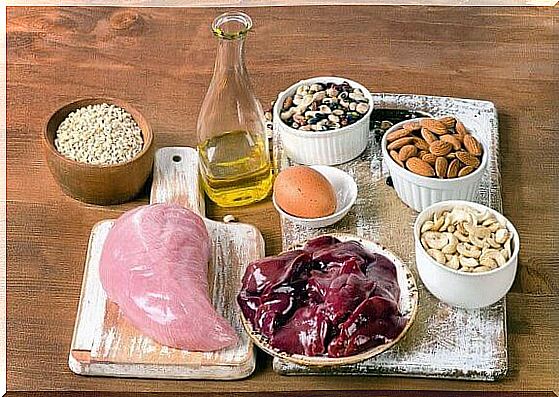
The diet planned to cope with hypothyroidism suggests increasing the consumption of certain foods to counteract the effects of lowering thyroid hormones. Although this feeding schedule may vary from patient to patient, it is generally advisable to guarantee certain nutrients.
It should be remembered that this disorder is the cause of metabolic diseases, nutritional deficiencies and heart problems. Therefore, although at first it is not characterized by noticeable symptoms, it is better to control it by following a healthy diet.
Since many face this condition, below we would like to share with you a list of foods that are recommended. But first, we’ll introduce you to some of its features.
What is hypothyroidism?

Hypothyroidism, or underactive thyroid, is a disease of the thyroid gland that results in decreased production of hormones. It usually affects women over the age of 60, but anyone can develop it, even in their teens.
Since thyroid hormones affect vital functions such as metabolism, circulation and heart health, their decrease negatively affects the well-being of the affected person. In addition, they are linked to being overweight, which is one of their main consequences.
Causes of hypothyroidism
Some of the main causes of hypothyroidism are:
- Genetic factors or congenital defects
- Iodine deficiency in the diet
- Radiation therapy for cancer
- Treatments containing lithium or other medicines
- Sheehan syndrome during pregnancy
- Viral infections (such as the common cold)
- Autoimmune diseases
Symptoms of hypothyroidism
- Alarming increase in weight
- Feeling extremely tired or hypersensitive
- Slow bowel movement (constipation)
- Cold intolerance
- Irregular periods
- Hoarse voice and slow diction
- Droopy eyelids or swollen eyes
- Dry and brittle hair
- Pale, scaly skin
- Brittle and fragile nails
- High cholesterol
- Swollen limbs
- Muscle pain and stiffness
Recommended foods for a hypothyroidism diet
Dieting for hypothyroidism may complement the effects of treatments prescribed by your doctor. While these are not magic formulas or “miracle” disease supplements, this diet does help ensure more beneficial nutrients are provided.
1. Foods rich in fiber
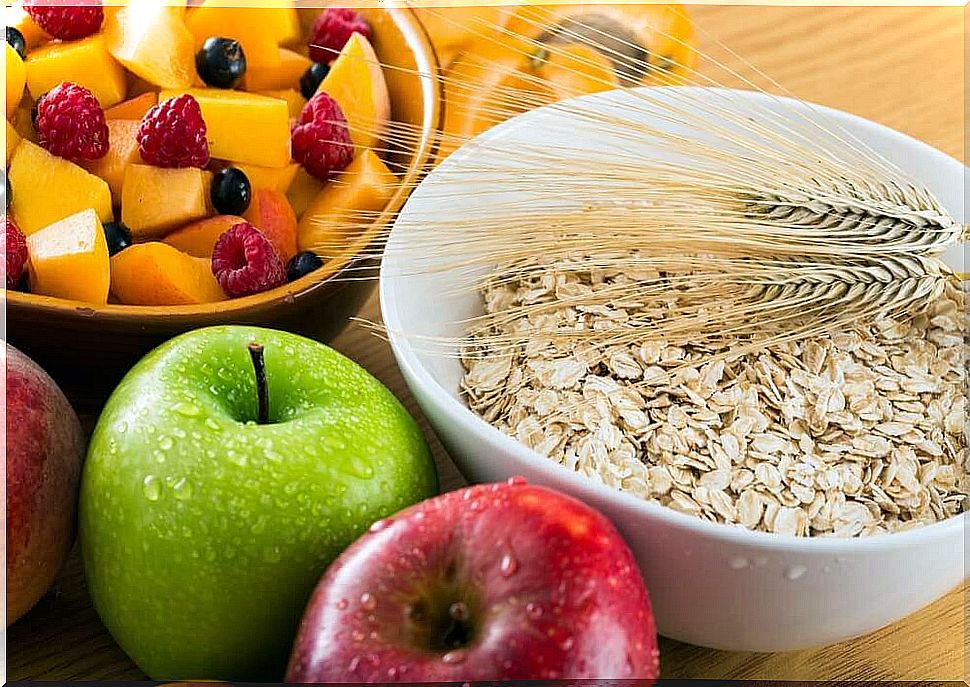
Consuming fiber is essential in any diet for thyroid problems. These nutrients promote body weight control as they aid digestion and prolong satiety. They also help prevent sugar spikes and fatigue, common in patients with hypothyroidism.
You can eat the following foods:
- Oats
- Complete rice
- Vegetables
- Artichoke
- Mushrooms
- Fruits (having a low glycemic index)
2. Foods rich in omega 3
Omega-3 fatty acids are protagonists of the diet against hypothyroidism. Due to their ability to regulate cholesterol and fight inflammation, they are essential in alleviating the impact of lowering thyroid hormones.
They can be ingested naturally thanks to:
- Blue and white fish (salmon, tuna, mackerel, sardines)
- Nuts and pistachios
- Seeds (flax, chia, sunflower)
3. Foods rich in selenium
Foods containing selenium support immune system functions and prevent disorders such as Hashimoto’s thyroiditis. It is for this reason that the consumption of 200 mg of this nutrient promotes hormonal control and decreases the typical discomforts of an underactive thyroid.
Selenium is found in the following foods:
- Nuts and almonds
- Beans
- Garlic
- Asparagus
- Tomato
- Grape
- Melon
- Plum
4. Foods rich in B complex vitamins
Adequate absorption of B-complex vitamins improves the functioning of the thyroid gland and alleviates fatigue. For example, vitamin B12 prevents anemia and helps maintain healthy hair and nails. For its part, vitamin B9 helps regulate hormones and control anxiety.
The foods that provide it are:
- Whole dairy products
- Eggs
- Lean meats
- Whole grains
- Lawyer
- Vegetables
- Wheat germs
5. Foods rich in iodine
Iodine is an essential trace element that is involved in the health of the thyroid gland. This is why foods that provide it are essential in the hypothyroidism diet. This nutrient is also combined with the amino acid tyrosine to promote hormone production.
The average adult needs about 150 µg of iodine per day. He can therefore consume:
- Sea salt enriched with iodine
- Seaweed (kelp, wakame, arame)
- Beans or flageolets
- Strawberries from organic farming
- Sea food
- Dairy products
- Baked potatoes with skin
6. Foods rich in tyrosine
As mentioned in the previous section, tyrosine and iodine help optimize thyroid hormone production. Therefore, to restore their proper levels in case of hypothyroidism, it is essential to consume more of them.
Foods that contain it are:
- Sesame seeds
- Oats
- Fish
- Lawyer
- Almonds
- Banana
If you are suffering from hypothyroidism, try to consume these 6 elements more often from now on. Finally, keep in mind that this is not a basis for the diet, but a supplement. Therefore, this does not exempt you from following the instructions of a nutritionist.
